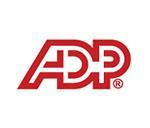
Some of the most critical services needed to keep our society operating come from the Utilities Industry. Professions in Utilities range from electricians to wind turbine managers, with a host of different types of civil engineers and project managers included. We can all agree that the work they do is important to keep the lights on, but we can also all agree that people in these fields work some of the most dangerous jobs in existence.
Accidents in the utilities industry can be costly. The National Safety Council estimated that in the United States, the annual cost of workplace injuries in 2006 was well over $160 billion. The Bureau of Labor Statistics (BLS) conducted a National Census of Fatal Occupational Injuries (2014) and found that the most career path goes to logging workers, who died at a rate of 127.8 per 100,000 full-time employees.
Electrical installers and maintenance workers are regulars on the BLS list as well, proving that while the work they do is essential, it’s definitely hazardous. For electrical workers in the United States, an average of about 45 people lose their lives annually, according to findings from the Fallen Linemen Organization.
Occupational injuries often affect more than just the injured workers. When employees miss time due to injury, they indirectly affect the following business aspects negatively:
- Productivity
- Cost of hiring new employees
- Group health insurance costs
Protecting Employees in the Utilities Industry
Physically demanding industries like construction and logging come with a host of issues regarding employee safety. Constantly working with volatile power tools, coupled with long hours in addition to operating in precarious positions can become a perfect storm for injuries or even death. Proper work scheduling is a very serious matter, with employees often working long and inconsistent hours. Supervisors need to ensure that people on the clock have had enough time off to rest between jobs.
Actsoft provides a number of different technologies that can be used to efficiently schedule employees and monitor them while they work in the field. Comet Tracker gives employers the ability to manage their employees on-the-go, making sure they don’t overexert themselves on more jobs than they can safely handle.
Robust Timekeeping features allow users to see who is on the clock and what their current job statuses are. In the Utilities industry, often times multiple projects occur simultaneously, so it’s critical to ensure the right personnel are properly allocated, both for efficiency and safety. Timekeeping can also be used to minimize overtime, keeping employees from pushing themselves past their limits and saving company dollars. Alerts can be set, notifying employers of when people have worked too much and then they can adjust schedules accordingly. Making sure employees take adequate breaks during jobs is also paramount to safety in the workplace. Fatigue is cumulative, so using mobile timekeeping technology can be a powerful tool in revealing who is on a break and who needs to step away from a job to managers.
Advanced Wireless Forms (AWF) can be used to create forms with an easy-to-use, yet intuitive web-based form creator. The simplicity minimizes distractions, keeping workers focused on the task at hand and safe. Forms can also be accessed offline and even stored until a stable internet connection is reached, so workers can pause the process at any time, depending on what’s happening around them.
At the end of the day, it takes the concerted efforts of workers and supervisors alike to create and maintain safe workplaces in the Utilities Industry. Actsoft technology can give employees the tools they need to properly document their actions and work with management responsibly to ensure accidents are reduced or avoided altogether.
















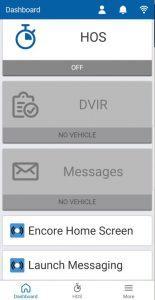
 Encore & Geotab Drive
Encore & Geotab Drive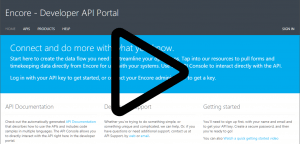
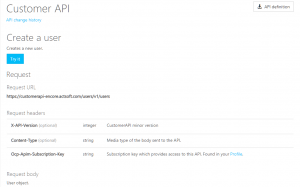
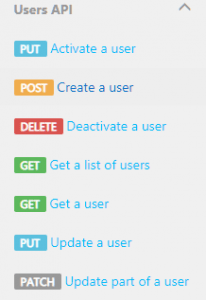
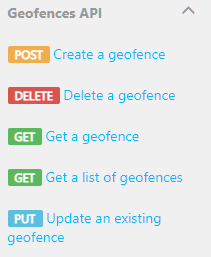
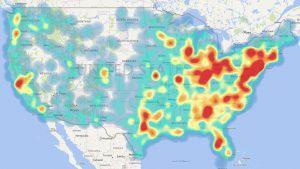
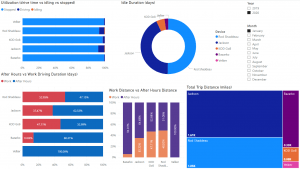
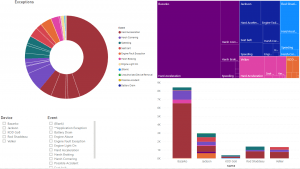
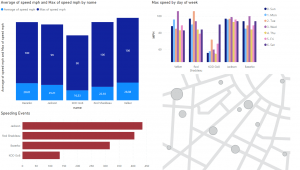
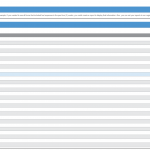
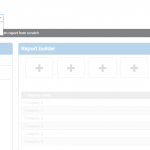
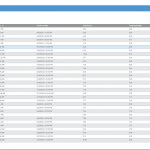
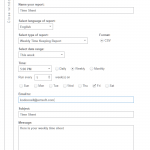


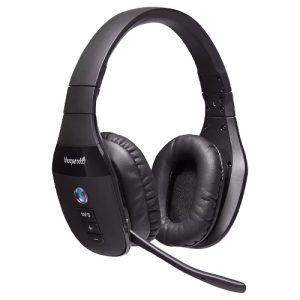
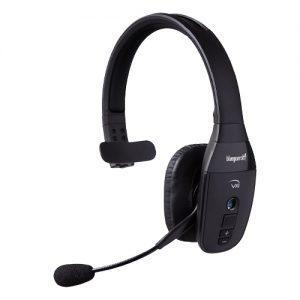
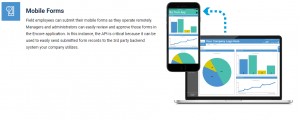
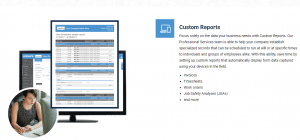
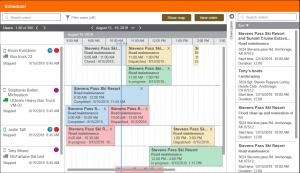
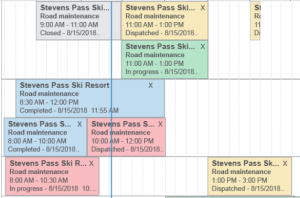
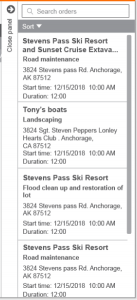
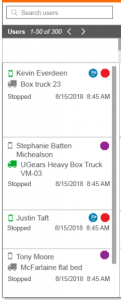
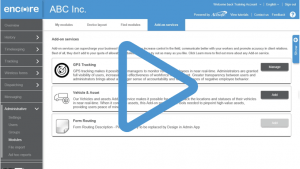
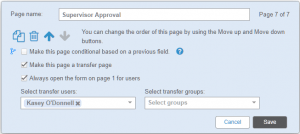
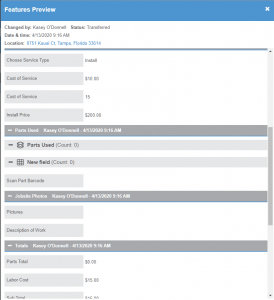
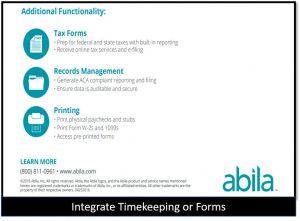
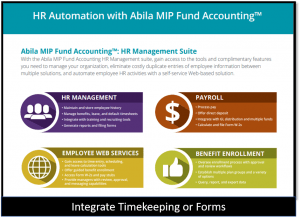
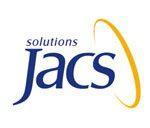
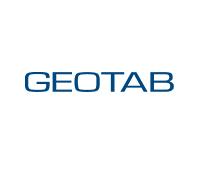 Gain even greater insight into the daily activities of your fleet using the combination of Geotab and Actsoft. Geotab devices provide detailed data collection and seamless integration with our solutions; learn more about the ways your vehicles are being used daily with the power of this tandem.
Gain even greater insight into the daily activities of your fleet using the combination of Geotab and Actsoft. Geotab devices provide detailed data collection and seamless integration with our solutions; learn more about the ways your vehicles are being used daily with the power of this tandem.



 Actsoft partnered with Odin to provide our solutions overseas, through payment processing integrations. Odin helps us support user management for our software; customers can also purchase our products through Odin’s billing platform.
Actsoft partnered with Odin to provide our solutions overseas, through payment processing integrations. Odin helps us support user management for our software; customers can also purchase our products through Odin’s billing platform.

 VisTracks powers our Electronic Logging Device (ELD) solution, which enables transportation businesses to easily automate their hours of service logs, remain in governmental compliance, and reduce their potential to incur costly fines.
VisTracks powers our Electronic Logging Device (ELD) solution, which enables transportation businesses to easily automate their hours of service logs, remain in governmental compliance, and reduce their potential to incur costly fines. Integration between Actsoft solutions and BeWhere’s software products is available. Take your team’s asset tracking, cellular data connectivity, and field insight a step further with effective, cross-application compatibility.
Integration between Actsoft solutions and BeWhere’s software products is available. Take your team’s asset tracking, cellular data connectivity, and field insight a step further with effective, cross-application compatibility.
 CalAmp tracking devices for vehicles and assets alike are compatible with Actsoft solutions, making it easy for you to efficiently monitor your equipment and fleet cars. Help your team enhance accountability, safety, and savings through a combination of easily installed hardware and intuitive software.
CalAmp tracking devices for vehicles and assets alike are compatible with Actsoft solutions, making it easy for you to efficiently monitor your equipment and fleet cars. Help your team enhance accountability, safety, and savings through a combination of easily installed hardware and intuitive software.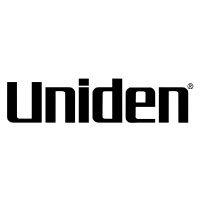 Our partnership with Uniden is ideal for companies looking to gain advanced diagnostics on their fleets. Uniden’s extensive product listing of car electronics like radios, dash cams, radar detectors, and in-vehicle communicators work in concert with Actsoft’s solutions to better connect your vehicles to the company headquarters.
Our partnership with Uniden is ideal for companies looking to gain advanced diagnostics on their fleets. Uniden’s extensive product listing of car electronics like radios, dash cams, radar detectors, and in-vehicle communicators work in concert with Actsoft’s solutions to better connect your vehicles to the company headquarters.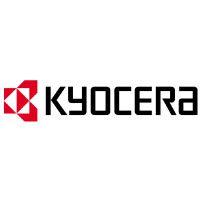 Kyocera offers a wide range of mobile devices, ranging in design from traditional phones to ultra-durable handset technology. Actsoft is able to equip organizations in a variety of different industries with solutions for improved business, while Kyocera supplies the technology they can flawlessly operate on.
Kyocera offers a wide range of mobile devices, ranging in design from traditional phones to ultra-durable handset technology. Actsoft is able to equip organizations in a variety of different industries with solutions for improved business, while Kyocera supplies the technology they can flawlessly operate on.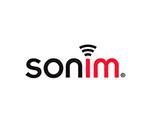

 Our software is the perfect complement to Apple’s user-friendly technology. Equip your workforce with the devices and solutions it needs for optimized productivity during daily operations with Apple and Actsoft.
Our software is the perfect complement to Apple’s user-friendly technology. Equip your workforce with the devices and solutions it needs for optimized productivity during daily operations with Apple and Actsoft.
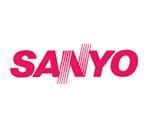 Actsoft and Sanyo teamed up to merge intuitive business management software with the technology of today. This partnership allows us to provide you with all the tools your team needs for improved workflows, better coordination, and optimized productivity.
Actsoft and Sanyo teamed up to merge intuitive business management software with the technology of today. This partnership allows us to provide you with all the tools your team needs for improved workflows, better coordination, and optimized productivity. Motorola’s mobile technology works in tandem with our solutions to provide extra versatility to your business practices. Coupled with our software’s features, Motorola’s reliable devices make connecting your workforce simpler than ever to do.
Motorola’s mobile technology works in tandem with our solutions to provide extra versatility to your business practices. Coupled with our software’s features, Motorola’s reliable devices make connecting your workforce simpler than ever to do. We’re able to bundle certain solutions of ours (including our Electronic Visit Verification options) with Samsung devices to help your team achieve as much functionality as possible, while keeping rates affordable. Use these combinations for accurate recordkeeping, improved communication, and smarter data collection in the field.
We’re able to bundle certain solutions of ours (including our Electronic Visit Verification options) with Samsung devices to help your team achieve as much functionality as possible, while keeping rates affordable. Use these combinations for accurate recordkeeping, improved communication, and smarter data collection in the field.